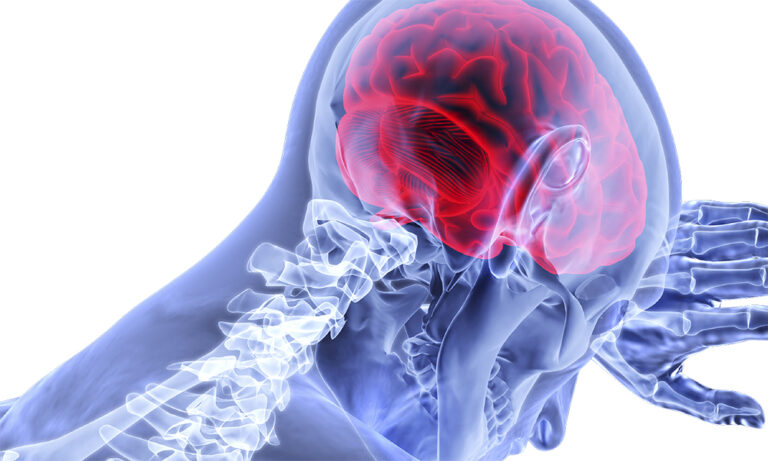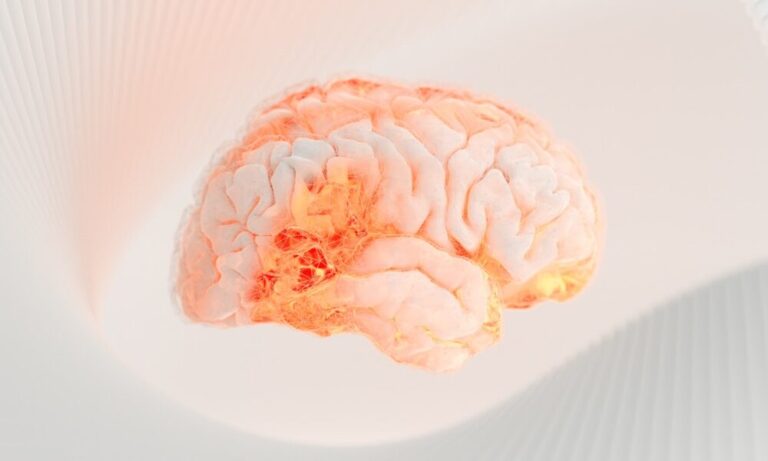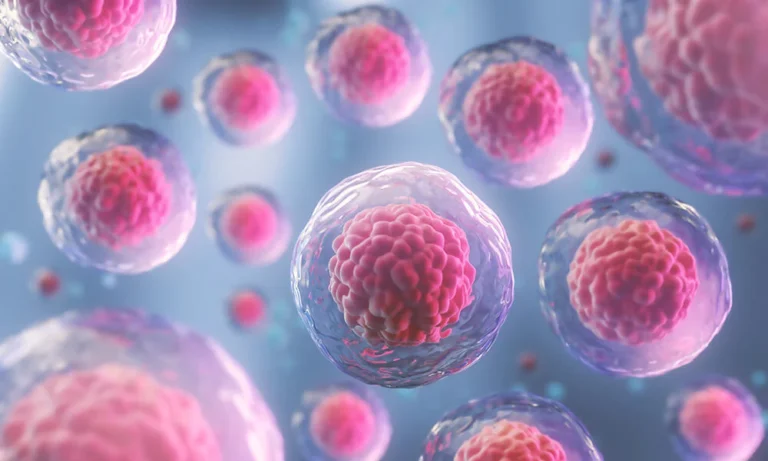Maintaining sobriety is a lifelong journey that needs patience, discipline, and strong support. One of the most...
admin
In the world of holistic healing, Chakras are often described as vital energy centers that influence our...
Asbestos-related lung diseases stem from exposure to asbestos fibers, leading to severe health implications. The three primary...
New conditions and syndromes often emerge, generating both excitement and skepticism. One such topic that has gained...
The ketogenic diet has surged in popularity due to its impressive weight loss benefits and potential to...
Somatic Symptom Disorder (SSD) is a complex condition where individuals experience persistent physical symptoms that have no...
The glymphatic system is a specialized waste clearance network in the brain, responsible for flushing out toxins,...
The human gut is more than just a digestive system—it’s a complex ecosystem that influences immunity, metabolism,...
Myofascial Pain Syndrome (MPS) is a chronic pain disorder that originates in the muscles and surrounding connective...
Mitochondria are often called the powerhouses of the cell, and for good reason. These tiny organelles convert...














